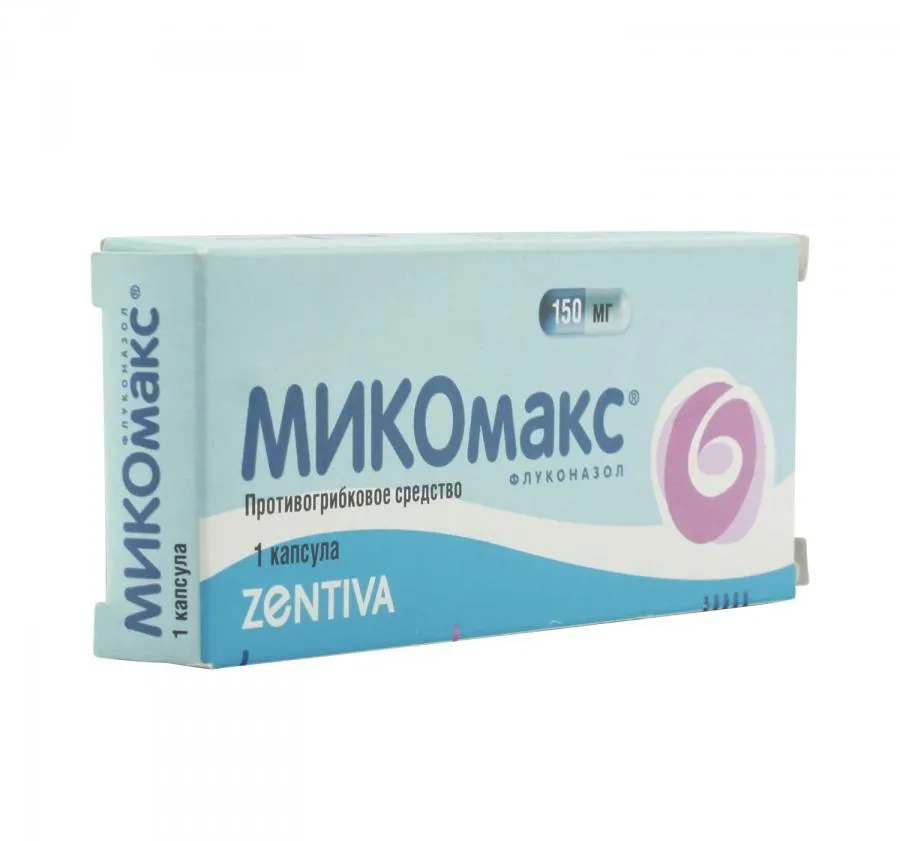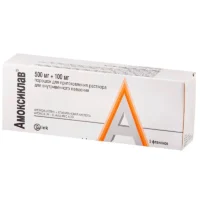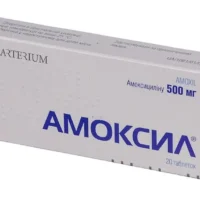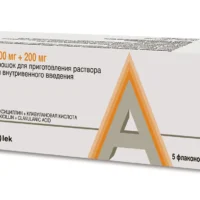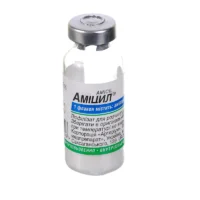Description
Micomax (Fluconazole) Capsules 150 mg. №1
Ingredients
Active ingredient: Fluconazole 150 mg.
Inactive ingredients: lactose, maize starch, colloidal anhydrous silica, magnesium stearate, sodium lauryl sulfate, gelatin, titanium dioxide (E171), brilliant blue FCF (E133).
Dosage
Dosage: The usual dose is one capsule daily.
Indications
Indicated for: Treatment of various fungal infections including vaginal yeast infections, oral thrush, esophageal candidiasis, and cryptococcal meningitis.
Contraindications
Do not use Micomax if:
- You are allergic to fluconazole or any other ingredients in the product.
- You are taking terfenadine, cisapride, or quinidine.
- You have liver disease.
Directions
Directions for use: Swallow the capsule whole with a glass of water. It can be taken with or without food.
Scientific Evidence
Fluconazole has been extensively studied for its efficacy in treating various fungal infections. Research published in the Journal of Antimicrobial Chemotherapy demonstrated the high efficacy of fluconazole in treating candidemia, a serious bloodstream infection caused by Candida species.
Additional Information
Precautions: Inform your doctor about any existing medical conditions or medications you are taking before using Micomax. Avoid alcohol consumption during treatment. Monitor liver function during prolonged therapy.
Fluconazole, the active ingredient in Micomax, works by inhibiting the synthesis of ergosterol, a crucial component of fungal cell membranes. This action disrupts the fungal cell structure, leading to cell death and clearance of the infection from the body.
Clinical trials have shown that fluconazole is as effective as other antifungal agents with a favorable safety profile. In a comparative study published in the American Journal of Medicine, fluconazole was found to be equally effective but better tolerated than itraconazole in the treatment of esophageal candidiasis.

